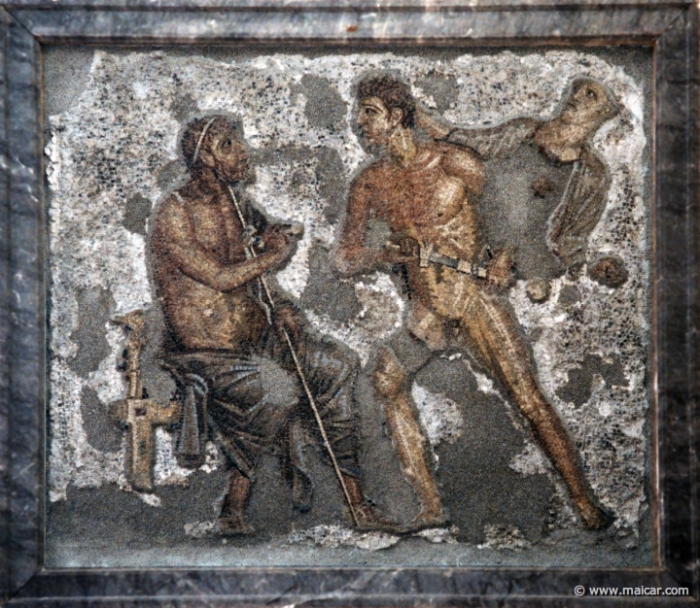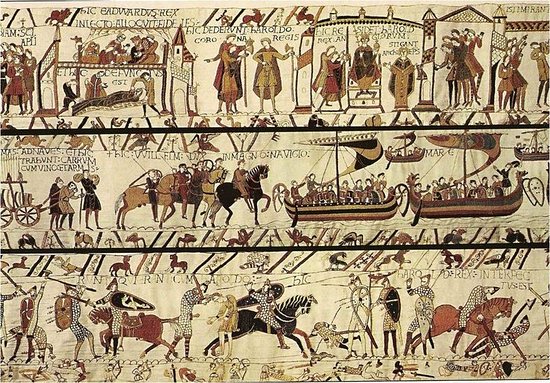
In Paddy Chayefsky’s film Network, an on-air presenter has had enough. Railing into the camera he demands that the audience expresses its solidarity with him by going to their windows and shouting out into the streets, ‘I’M MAD AS HELL, AND I’M NOT GOING TO TAKE THIS ANYMORE…!’. Then, remarkably, people start doing so and for a few moments there is a real sense of revolution in the air. A few moments later, those who are indifferent to the cause but want to be part of ‘what is happening’, join in. The TV executives think, ‘ah, this is profitable’ and give the presenter his own show where he can rant at the audience (think the film A Face in the Crowd) and get them to be angry about whatever he is angry about for a moment or two. After the first few moment of the live breakdown, where he just wasn’t going to take it anymore, the whole thing descends into a farce as the emotion (anger, frustration, humiliation) is picked up by those without an attachment and is then marketed and packaged for cable TV.
Network is a very good parable about society. Any real emotion is quickly oppressed or sanitised for a popular audience. Countries where protesting is powerful quickly respond with military force (note: the US band, The Dixie Chicks were in the UK playing a show in London. One remarked in passing, whilst she was tuning her guitar, that she was ashamed to be from the same state as the then president W Bush. The band were then dropped from their label and received death threats, even from children) or in other countries the protests are given theme tunes on the news and people in studios sit around speculating about, well nothing really, until the next advert break. As I have said before, Fox News was created for one purpose- to make money. It is very good at doing so, except recently with a record number of sponsors leaving the shows, and it did by one thing. It played on the emotional vulnerabilities of its audience. The presenters are outraged, like in Network, and pass their outrage onto the audience (until they leave Fox and then go on talk shows to distance themselves from the network). The other day, watching Fox, I saw the absurd spectacle of the presenter Tucker Carlson playing a clip of Sesame Street and explaining to the audience what they had just seen, to paraphrase, Elmo, who teaches children to use the potty, is a SOCIALIST who wants to destroy YOUR COUNTRY! (it’s always the cute, quiet ones, eh?)
Such is the nature of the hegemony of society, the only emotions allowed are those which are popularised. You may recall my case studies of the lady who was tortured by her workplace. She was warned not to show real emotion in the meetings otherwise people would turn against her. The Black Lives movement, which was sparked by a man being slowly suffocated whilst police and bystanders watched, and filmed, was a justifiable MAD AS HELL! moment which quickly was personalised by the news networks for their agenda with Fox expressing an outrage that people cared that a black man was murdered by the police (note: as a result of the movement a school has agreed to keep its weapons of war and tank but have given up their grenade launcher- yes, you read that correctly, a school…) yet when a Native American was almost beaten to death by the police there was no public outcry, why? Because society has now said it is ok to be offended by black people being murdered by the police, it is ok for news anchors to be intimidated intellectually and emotionally by a (mu)puppet on a show which teaches children their ‘ABCs’ but it is not ok to have emotions without the bounds of these concepts.
People may recall my cynical take of the recent outpouring of love for health workers et al. as my take was that they were just going along with the societal norms for that time and had no genuine feeling for the situation. Well, as lockdown was lifted slightly, 1000s flocked to the beaches etc. thus showing that all of their pretences of caring were just that, a pretence as with the Network presenter’s show.
It is no secret that our lives are controlled by popular opinion, and those who are what is, surreally, known as ‘free-thinkers’ often come to a sticky end, but as we look closer and closer at society, it is disturbing just how much of our personality and opinions is shaped by society. Notions such as truth (as we have spoken of before), emotion etc. should be presented with an asterix by them to denote that these are not real truths or actual emotions but rather are facsimila created by a culture which is too scared of what it is- human.
‘till next time



